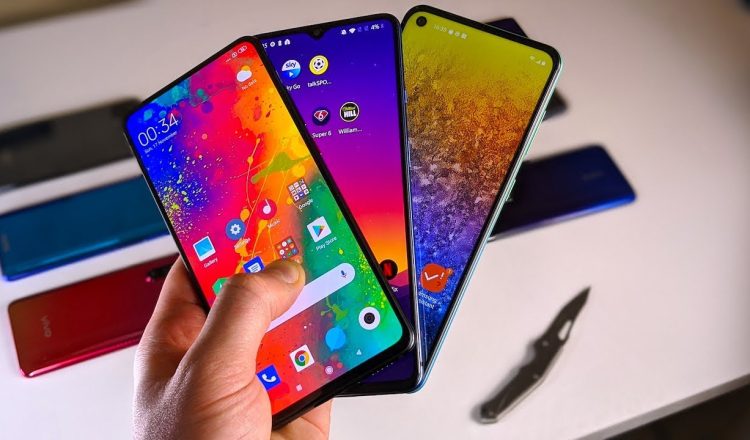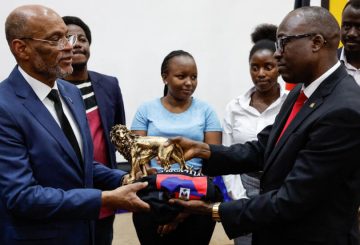Kenya has introduced two locally manufactured smartphones, the Neon Smarta and Neon Ultrav, each carrying a suggested retail price of just $50 (N38,807). The initiative is a result of a joint venture between Safaricom, Faiba, and the East Africa Device Assembly Kenya Limited (EADAK), with a commitment to offer Kenyans accessible technology while boosting local industry.
The assembly plant, which opened its doors on October 30, 2023, has ambitious plans to produce an impressive 21,000 smartphones monthly. The introduction of this assembly facility marks a significant milestone, aligning with Kenya’s push towards technological self-reliance and economic growth.
Kenyan President William Ruto affirmed his administration’s commitment to support the venture, asserting that locally produced devices will be 30% more affordable than imported alternatives. Ruto stated, “We have agreed with stakeholders that this phone will retail at about KSh 7,500.”

Reports from local media outlets suggest that Safaricom and other stakeholders have crafted an innovative approach to ensure widespread access to these devices. Kenyans will have the option to make a deposit of 1,000 Kenyan Shillings (approximately $6.72) monthly, commencing in January 2024, to acquire the smartphone. The remaining balance, a mere KSh 20 per day or $0.18 (N144), can be paid incrementally.
Safaricom’s Chief Executive Officer, Peter Ndegwa, highlighted their partnership with Google, allowing for affordable smartphones with the “Lipa Mdogo Mdogo” (Pay Bit by Bit) plan. Ndegwa noted, “Over one million customers have benefited as of March 2023. We have since expanded this initiative and partnered with other manufacturers to include more smartphones on the program.”
The newly introduced smartphones, the Neon Smarta and Neon Ultrav, come with impressive specifications. The Smarta boasts a 5-inch display, while the Ultrav features a larger 6.5-inch screen. Both devices offer 2 GB of RAM, 32 GB of internal storage, and 4G connectivity. A noteworthy point is that Safaricom will provide a single SIM variant to those who purchase these devices, as the telco does not sell dual-SIM smartphones.
This initiative not only has the potential to bridge the digital divide but also strengthens Kenya’s position in the tech industry. Additionally, this effort echoes HMD Global’s commitment to assemble Nokia-branded devices in Kenya, further contributing to the goal of making quality smartphones accessible to the masses, ultimately transforming the tech landscape in the country.
- Tags: Kenya, Samsung, smartphone, Technology





